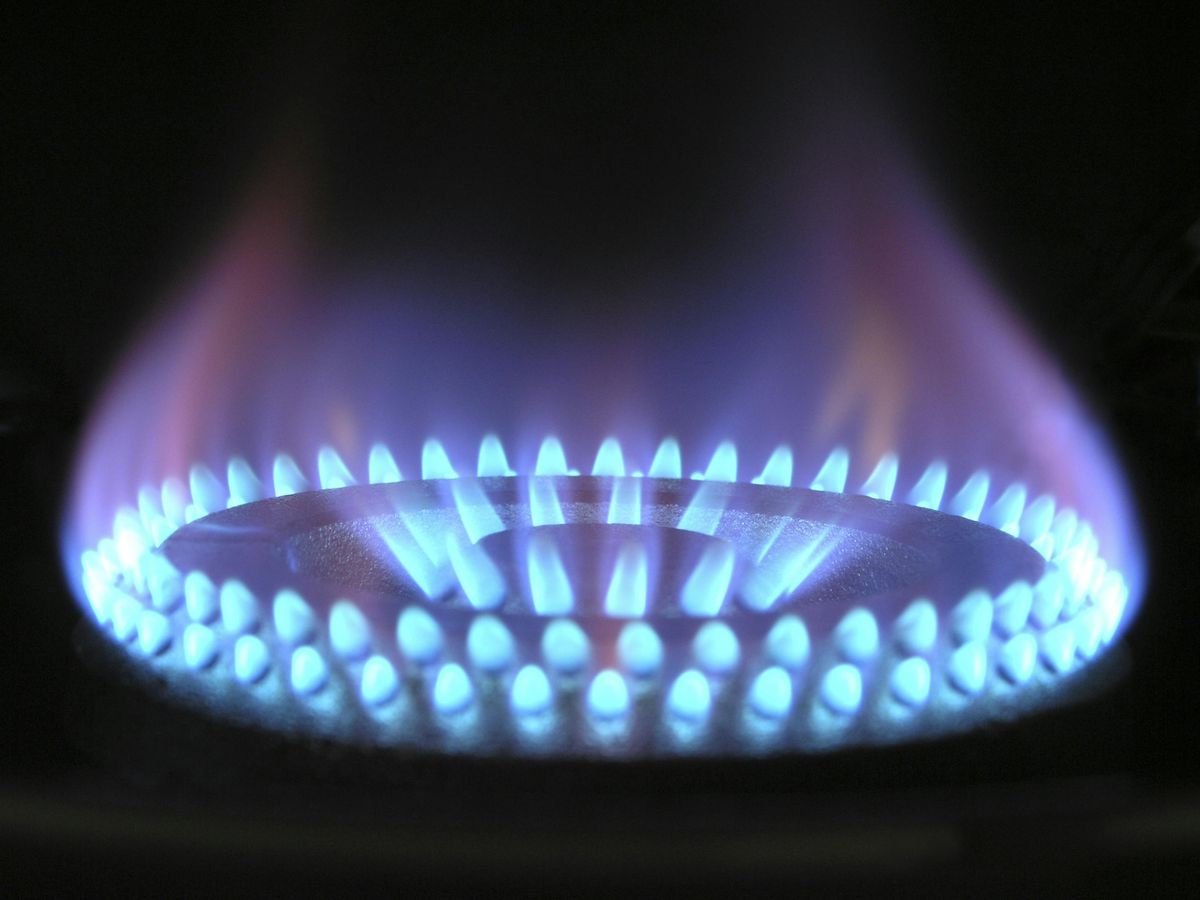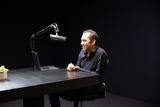Eat before you work out?

Eat before you work out. Don't eat before you work out. Oh, wait, eat during your workout. Are you confused? Great, then this article is for you.
Your body is a high-performance system, perhaps the best designed to date, unless, of course, Elon Musk decides to build a new one for humanity. A high-performance system needs a sophisticated energy supply system.
While it may sound simple, the food you eat is incredible complex. Particularly in this context, it has carbohydrates, protein, and fat that go into your body as fuel.
Your body then has a similar system internally. It stores carbohydrates, protein, and fat within, just in case you decide to go on a 500-calorie diet because you heard your friend lose a tonne of weight doing so, which, by the way, is incredibly harmful for you.
So energy is stored as carbohydrates in blood sugar, which is then replenished by glycogen (carbohydrates) from the liver. Protein is stored in your muscles as amino acids, and fat is stored (you know where) in your body in fat cells. Great, now let us turn to how this is used.
When you start to do something physical, your body will run an algorithm (not kidding), which will determine what source of fuel to use.
Depending on how you have lived your life to date, it will then pick a fuel source, which then brings us to the question of whether you should eat or not. It depends.
Your long-term goal is to use the fat stores in your body. Fat has 9 calories per gramme, versus 4 for protein and carbohydrate. So clearly, it has more stored energy. You also have a hell of a lot more fat (yes, even thin people) than you do carbohydrates.
Obviously, in an ideal world, you do not want to be using muscle for energy. But there is a catch. Your body does not like to use its storehouse of fat for energy. It prefers to use easily available blood sugar, or glycogen.
If you eat before a workout, for example, a banana, you have replenished your carbohydrate availability. So what should you do?
I am simplifying. Obviously, the answer will vary depending on fitness levels and goals. For the average Joe out there, do not eat and do very low-intensity cardio exercise for as long a duration as you can.
It creates something known as fat adaptation. Your body is learning to use fat as its source of energy. This will then transfer over the long-term to everything else you do physically.
Follow me on twitter @rbawri Instagram @riteshbawriofficial and YouTube at www.youtube.com/breatheagain





